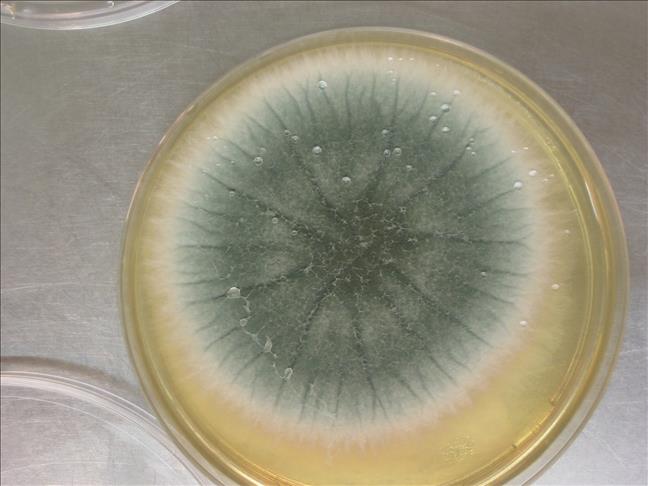
ADDIS ABABA
African food and health experts are meeting in Addis Ababa to seek ways of mitigating the impact of a deadly toxin found in crops and affect the health of humans and animals.
The three-day conference aims to issue recommendations on means of fighting Aflatoxin, a poison naturally produced by strains of the fungus Aspergillus flavus and its contamination commonly occurs in maize, groundnut, and crops of regional importance in Eastern and Southern Africa such as sorghum and millet.
The first conference of Partnership for the Control of Aflatoxin (PACA-1) brought together representatives of regional and international organizations, the academia and senior government officials and African Union authorities.
The poison is believed to cause liver cancer and is associated with stunting and kwashiorkor in children and suppression of the immune system.
In animal health, specifically livestock and poultry, aflatoxin has been associated with deaths and ill health including decreased milk and yield. It also limits access for African agricultural products to international market and also impacts regional trade.
“When we have a problem that kills our people, causes stunting on our children and undermines our economies and aspirations, there is clearly a moral reason and social and economic imperative to deal with the aflatoxin problem head-on,” PACA Program Manager Amare Ayalew told the gathering.
“When the continent is poised to accelerate the creation of the continental free trade area, non-tariff trade barriers such as aflatoxin are hurdles that Africa must overcome,” he said referring to the targets set by the Comprehensive African Agriculture Development Program (CAADEP).
African Union Commissioner for Rural Economy and Agriculture Tumusime Rhoda Peace, for her part, cited a study by the Food and Agriculture Organization that said 25 percent of world food crops are affected by aflatoxin and African countries are most affected.
"Africa happens to be along the tropics and over five billion people in developing countries particularly in Africa are at risk of chronic aflatoxin exposure," she said.
She went on to say that aflatoxin affects food security, health and international trade. "I am told that some of our products from Africa are rejected from the global market [because of aflatoxin-related concerns]." "That is not good for Africa.
Anadolu Agency website contains only a portion of the news stories offered to subscribers in the AA News Broadcasting System (HAS), and in summarized form. Please contact us for subscription options.






